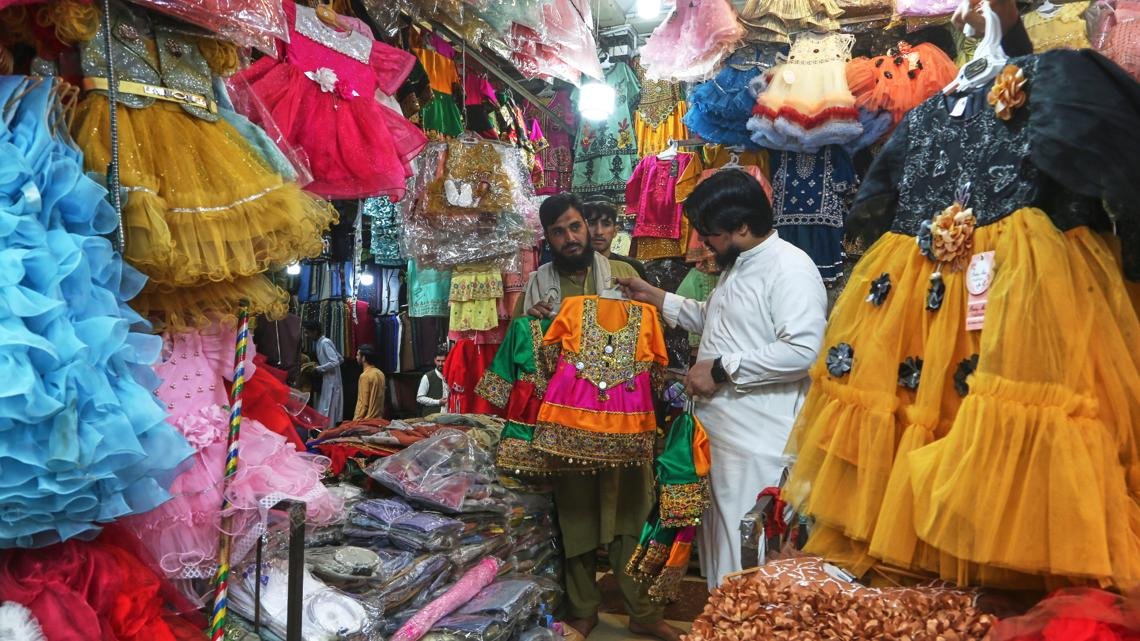cct-tracking
Unlocking Eid al-Fitr: Discover the Joyful Celebrations of This Festive Islamic Holiday

The Muslim holy month of Ramadan is nearing its conclusion, prompting communities worldwide to prepare for the joyous celebration of Eid al-Fitr. This festival traditionally features communal prayers, family gatherings, and festive outings.
In Gaza, this year’s Eid marks the second since the onset of the Israel-Hamas war. Violence has escalated following Israel’s recent airstrikes, which came after Hamas declined to release hostages, a condition for extending a ceasefire. This precarious situation has resulted in a dire humanitarian crisis, with the Health Ministry reporting over 50,000 Palestinian casualties since the war’s rekindling.
Meanwhile, in Syria, citizens celebrate their first Eid al-Fitr following the long-standing rule of Bashar Assad. While some express relief at the political transition, ongoing violence complicates the atmosphere, overshadowing festive sentiments.
In the United States, the impact of international conflicts reverberates as some supporters of Palestinian issues affiliated with American universities face detention amid the Trump administration’s rigorous immigration policies.
Eid al-Fitr, which translates to the festival of breaking the fast, signifies the conclusion of Ramadan—a month dedicated to fasting, prayer, and charitable deeds. Observants eagerly anticipate the holiday, which is expected to be celebrated on or around March 30, contingent on the lunar calendar.
Customary greetings during Eid include “Eid Mubarak,” meaning Blessed Eid, and “Happy Eid.” The celebration is defined by diverse traditions. In Indonesia, for instance, families participate in “mudik,” a homecoming ritual that involves significant travel congestion as people return to their hometowns for family reunions. In Malaysia, the first day of Eid begins with prayer and an emphasis on forgiveness, creating a spirit of openness among friends and families.
In Egypt, the festivities include prayers and visits to relatives, with children dressed in new outfits receiving cash gifts, or “eidiya.” Bakeries become bustling centers as families prepare traditional Eid cookies. Similarly, in the U.S., diverse Muslim communities come together for prayers and cultural festivals that cater to families and children.


















